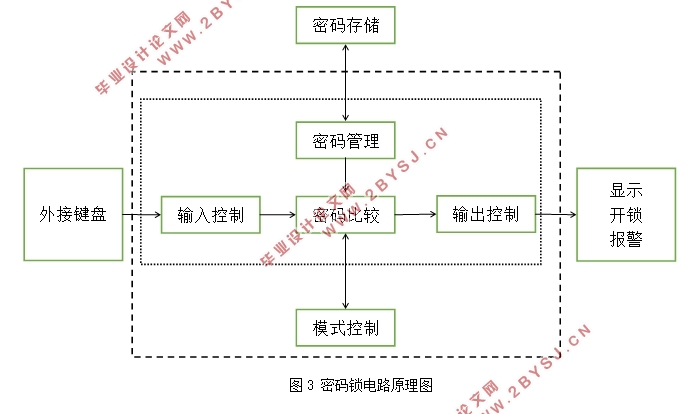基于FPGA的波形产生和频率测量便携式仪器的设计
无需注册登录,支付后按照提示操作即可获取该资料.
基于FPGA的波形产生和频率测量便携式仪器的设计(论文13000字)
摘 要:本文设计了基于FPGA的波形产生和频率测量便携式仪器。介绍了模拟电路的设计,分析了等精度测频的算法。系统包括FPGA、信号调理电路。基于DDS原理的波形产生功能,充分利用FPGA的优势,辅以高速D/A、无源滤波等模块,不降低性能的前提下,替代DDS集成芯片功能,提高了系统集成度,同时可选择多种波形,且通过按键可以设置波形参数,实现任意波形的输出;频率测量功能采用等精度法,提高测量精度,通过设计的高速外围电路配合高速芯片,提高了系统带宽,此外通过前级自动增益控制电路、高速比较电路等对输入信号进行调理,使得系统可以测量多种输入波形。与传统的仪器相比,该仪器具有带宽高,误差小等良好的性能指标,并且具有针对性,提高系统集成度,减小仪器体积,便于携带。
关键字:FPGA;模拟电路;等精度测频;波形产生;DDS原理
Design of Portable Instrument Based on FPGA for Waveform Generation and Frequency Measurement
Abstract:A portable instrument based on FPGA for waveform generation and frequency measurement is designed in this paper. The design of the analog circuit is introduced, and the algorithm of equal precision frequency measurement is analyzed. FPGA, signal conditioning circuit is included in this system. The waveform generation function based on the principle of DDS , makes full use of the advantages of FPGA, auxiliary with high-speed DAC, passive filter, etc. without reducing the performance of the premise, instead of of DDS integrated chip function,We improve system integration ,and can choose a variety of waveforms whose parameters can be set by the button to achieve arbitrary waveform output; precision method is used in frequency measurement to improve the measurement accuracy, through the design of high-speed peripheral circuit with high-speed chip to improve the system bandwidth, besides,In addition, input signal is adjusted by the pre-automatic gain control circuit,high-speed comparison circuit,etc., makes the system can measure a variety of input waveform. Compared with the traditional instrument, the instrument has a high bandwidth, error and other good performance indicators, and has targeted to improve system integration, reduces the volume of the instrument, easy to carry.
Key words: FPGA; analog circuit; precision frequency measurement; waveform generation; principle of DDS

目 录
1 绪论 1
1.1 研究背景 1
1.1.1 波形产生功能概述 1
1.1.2 测频功能概述 1
1.2 研究内容与意义 2
2 系统原理 3
2.1 波形产生原理 3
2.1.1 DDS基本原理 3
2.1.2 D/A转换器 5
2.1.3 低通滤波器 5
2.2 频率测量原理 6
2.2.1 等精度测频法 6
2.2.2 自动增益控制电路 7
2.2.3 电压比较器 8
3 系统设计方案 8
3.1 FPGA设计 9
3.1.1 FPGA选型 10
3.1.2 硬件描述语言HDL 10
3.1.3 波形产生功能设计 11
3.1.4 频率测量功能设计 11
3.1.5 NIOSⅡ处理器设计 12
3.2 模拟电路设计 14
3.2.1 D/A转换器和低通滤波器 14
3.2.2 自动增益控制电路设计 15
3.2.3 高速比较器 15
3.3 人机交互设计 16
4 软件测试与仿真 17
4.1 软件分析与综合 17
4.1.1 波形产生功能仿真 17
4.1.2 频率测量功能分析与综合 18
4.1.3 NIOSⅡ处理器分析与综合 20
5 功能测试与数据分析 20
5.1 波形产生功能测试 21
5.1.1 波形产生误差分析 22
5.2 频率测量功能测试 22
5.2.1 频率测量误差分析 23
6 结论 23
参考文献 23
致谢 25
